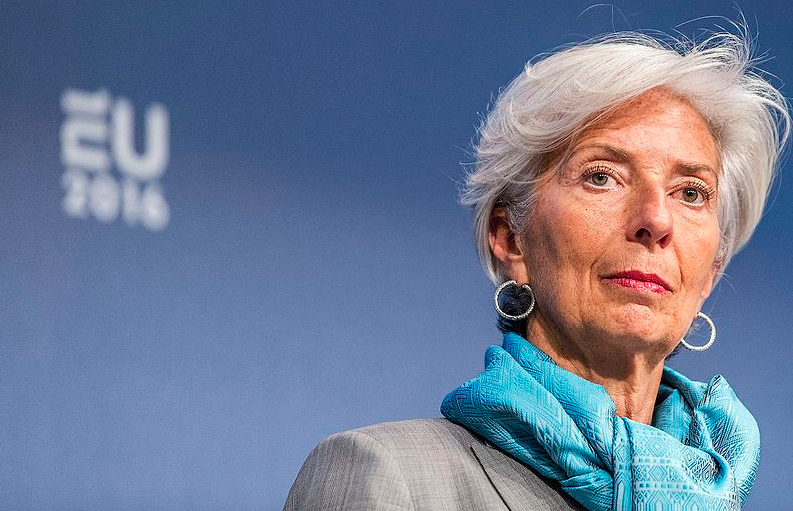September 27, 2018

The very same day that the International Monetary Fund prescribed stringent new austerity measures on Argentina, its Managing Director Christine Lagarde received a World Leader Award from the Appeal of Conscience Foundation. Accepting the prize, Lagarde tweeted that the Fund shares the Foundation’s belief that "democracy and human rights are the fundamental values that give nations their best hope for peace & prosperity."
However, as CESR has shown, the IMF’s role in promoting austerity packages in countries like Brazil, Egypt and Spain has had dramatic human rights consequences, particularly on the most disadvantaged. Those packages have usually been imposed without any democratic participation from civil society or the people most affected by them. Furthermore, the IMF continues pushing countries to sign agreements entailing draconian austerity measures without conducting human rights impact assessments of those measures, as mandated by several international human right bodies and experts. CESR has insisted that governments conduct these assessments and has developed a methodology to do so.
The case of Argentina threatens to be the next episode of human rights-blind austerity pushed by the IMF. While Christine Lagarde received her award, thousands of people in Argentina took to the streets in a national strike protesting the adjustment measures imposed by the government. These include cutting subsidies for public transport and electricity, merging key institutions for social protection and drastically reducing public housing budgets, conditions which might become even more dire pending the agreement reached with the IMF. Meanwhile, civil society organizations from Argentina, including CESR allies Centro de Estudios Legales y Sociales (CELS), Asociación Civil por la Igualdad y la Justicia (ACIJ) and Development Alternative with Women for a New Era (DAWN) will present evidence on the human rights impacts of regressive economic policies implemented by the government before the United Nations Committee on Economic, Social and Cultural Rights this week. Likewise, next week CESR and its partners Section 27, The Studies in Poverty and Inequality Institute and the Institute for Economic Justice will hold the South African government accountable for its austerity policies before the same UN Committee, exposing another case in which the IMF called for containing public debt expenses through measures such as reducing the minimum wage.
Ten years after the financial crisis, an increasing number of voices across the globe have critically reviewed and denounced the harmful consequences of austerity policies. One of the hidden costs of these policies is their huge human rights impact and their role in widening inequalities. As CESR has argued, the world cannot afford another lost decade for human rights as a consequence of austerity, which is both unjust and unnecessary. One critical means of preventing such a recurrence is for the IMF to move beyond lip service and acknowledge that respecting international human rights standards is part of its mandate and must be incorporated throughout its activities. This would be a more credible step and an important legacy for Christine Lagarde to show her commitment to the fundamental values of human rights and democracy.
Meanwhile, CESR will redouble its efforts to hold governments and international institutions accountable for the human consequences of austerity, and advocating for human rights-respecting fiscal alternatives.
Image: Valerie Kuypers, valerikuypers.nl